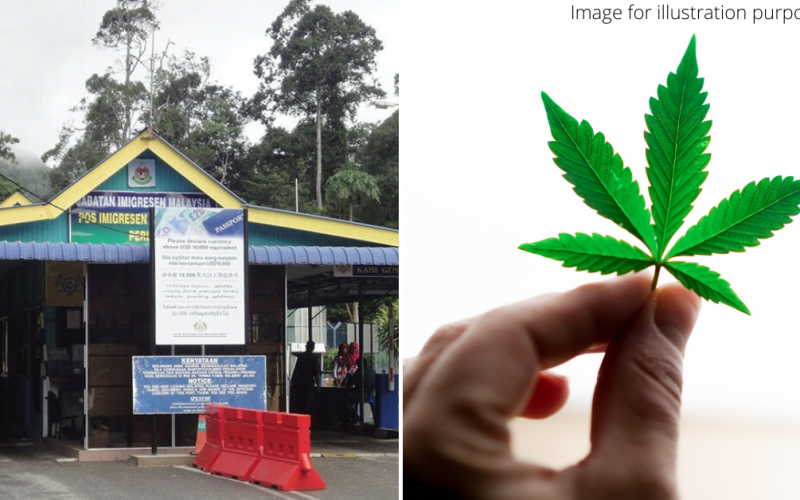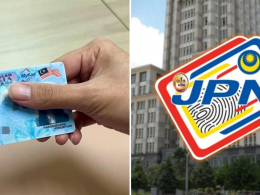Not too long ago, Thailand officially announced that it has legalised the use of marijuana, subject to certain conditions. That landmark ruling has made it the very first Southeast Asian country to legalise the consumption of cannabis.
Following that, the Malaysian government has advised all travellers who are bound for Thailand to be wary of cannabis infused food items, as it could remain in the system for days and can be flagged upon their re-entry into local soil.
This is due to the fact that Delta- 9-tetrahydrocannabinol, otherwise known as the main component of cannabis plants, THC, remains in the human body for up to a week.
But how common is cannabis used in dishes when in Thailand?
Cannabis allegedly used as flavour enhancers in attempt to get tourists addicted
Well according to the Malaysian National Anti-Drug Agency (AADK), it has been claimed that using cannabis as an flavour enhancer for cooking in Thailand has become steadily more prevalent. Apparently asides from adding flavour to a dish, some eateries are incorporating it into their recipes in hopes of keeping customers, especially tourists, hooked.

Tom yam soup, one of the most popular dishes in Thailand.
Source: Nine (Pexels)
“Malaysians should be careful when eating in Thailand as they could have used cannabis in their food as flavour enhancers, many people who aren’t wary may consume without knowing”, said AADK director, Khairul Anwar Ahmad.
He then further advised Malaysians to also be cautious when buying products in Thailand that could be infused with cannabis as well. However, Khairul notes that the amount of cannabis infused in dishes and products are relatively low and wouldn’t be easily detected unless consumed frequently.

Source: Kindel Media (Pexels)
“Based on the information we have gathered, not every cannabis infused products can cause an individual to test positive for the use of Marijuana”, he explained.
Citing one example, he said that Thailand has been selling cannabis infused water but as the dosage of cannabis in each bottle is relatively low, it can be difficult to detect in one’s body.
As it now stands, individuals who intentionally consume drugs or cannabis-related substances that are capable of inducing hallucinations can be prosecuted under the Dangerous Drugs Act 1952 upon entering Malaysia.
Similarly, those found in possession of cannabis infused goods upon entering Malaysia can also be prosecuted under drug trafficking laws.
Tap here to give us a ‘Like’ on Facebook and stay up-to-date on the latest news!








